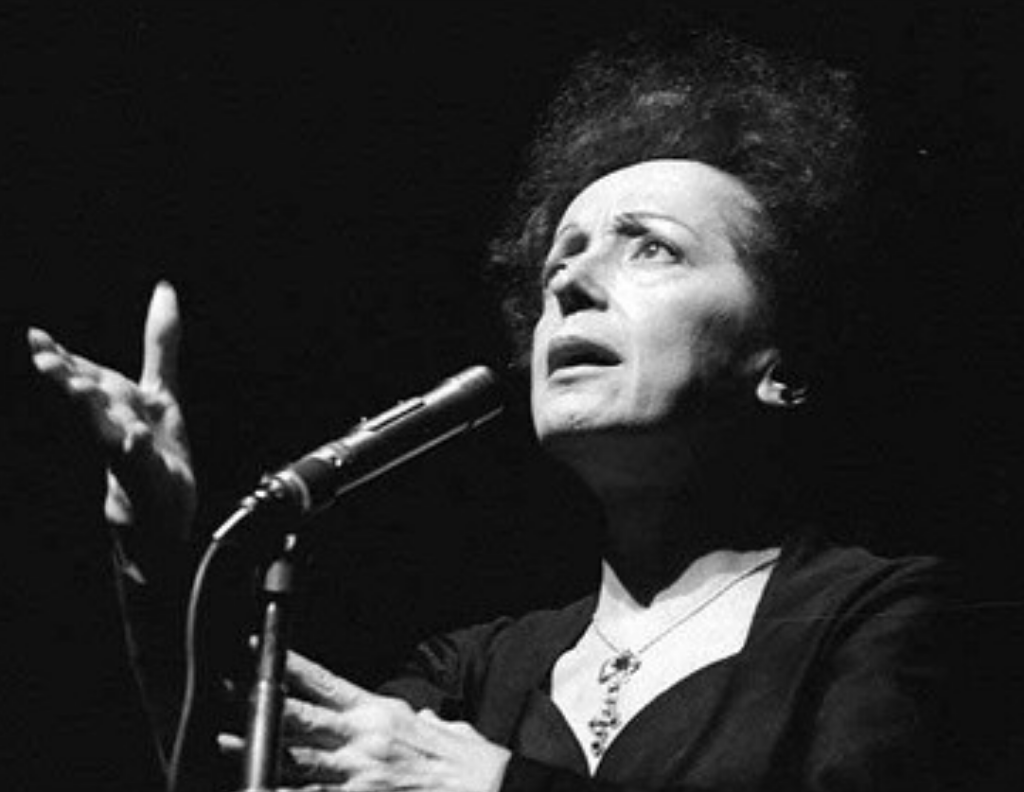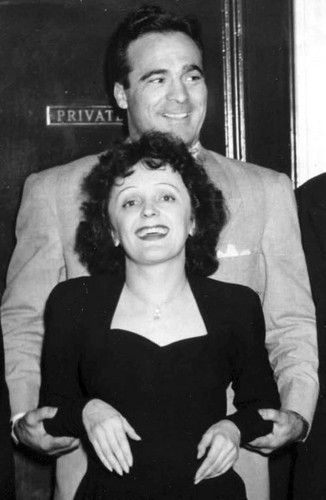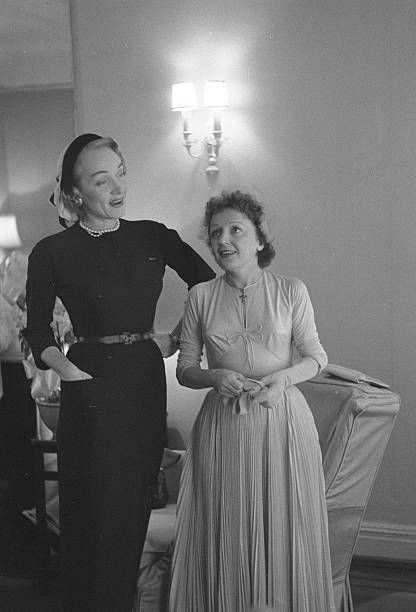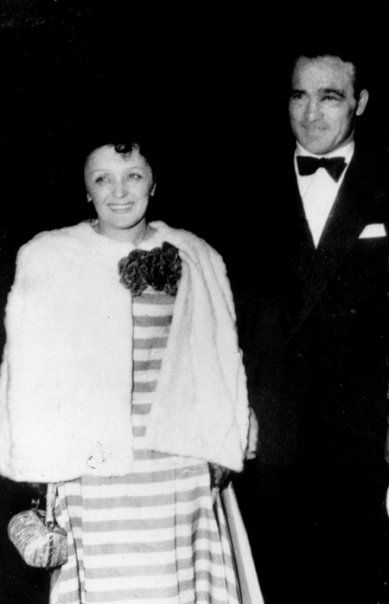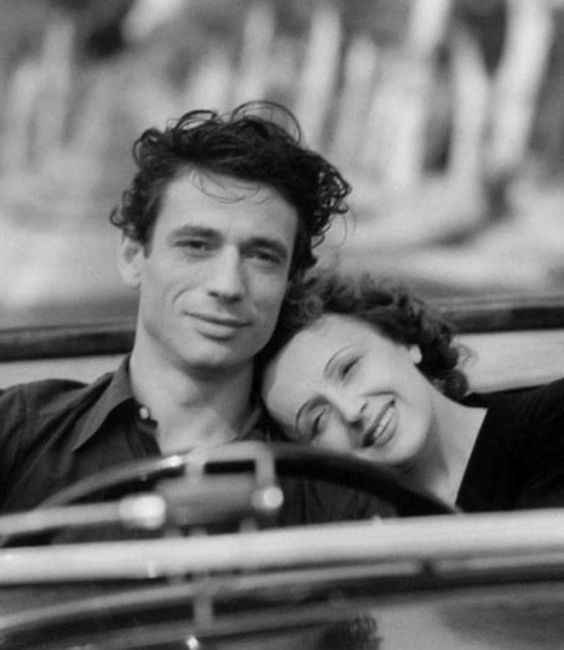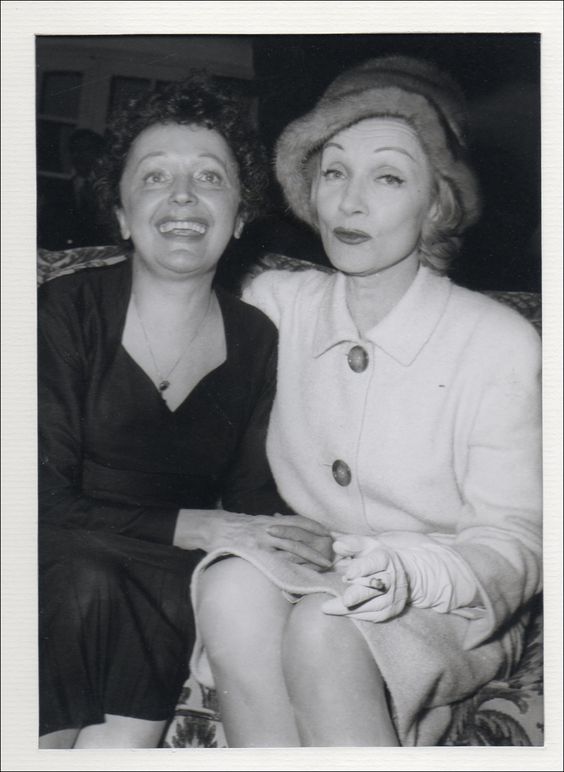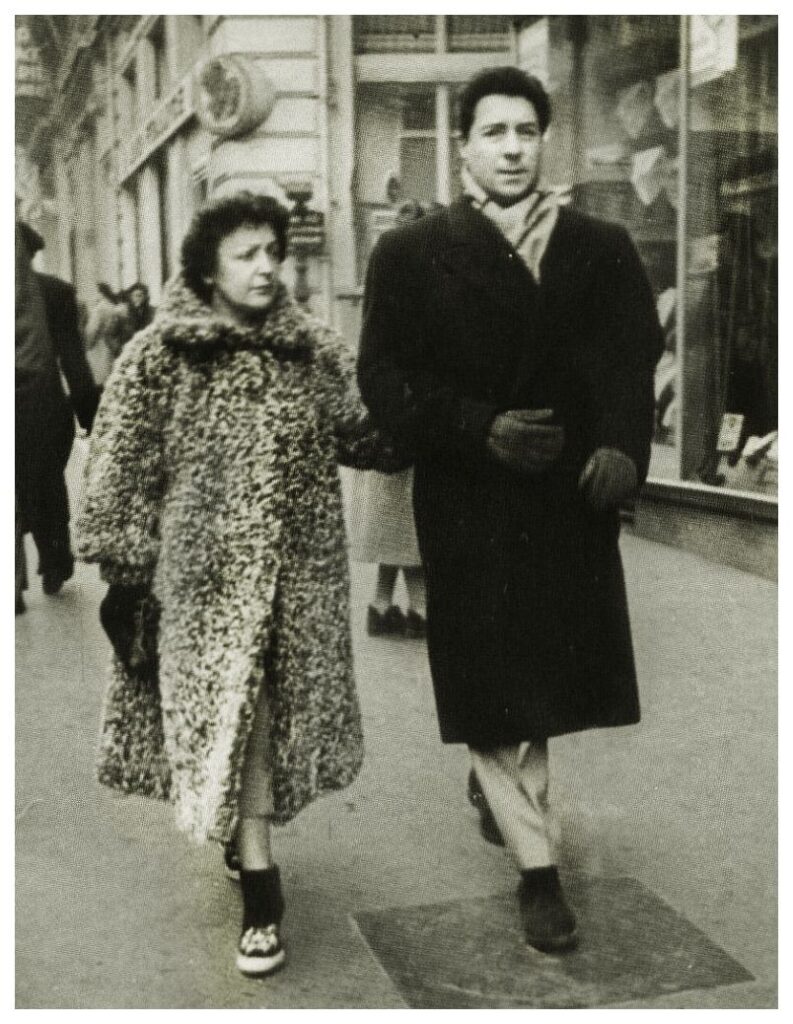Episode 218. Edith Piaf, storyteller
SOCIAL SHARE
SUBSCRIPTION PLATFORM
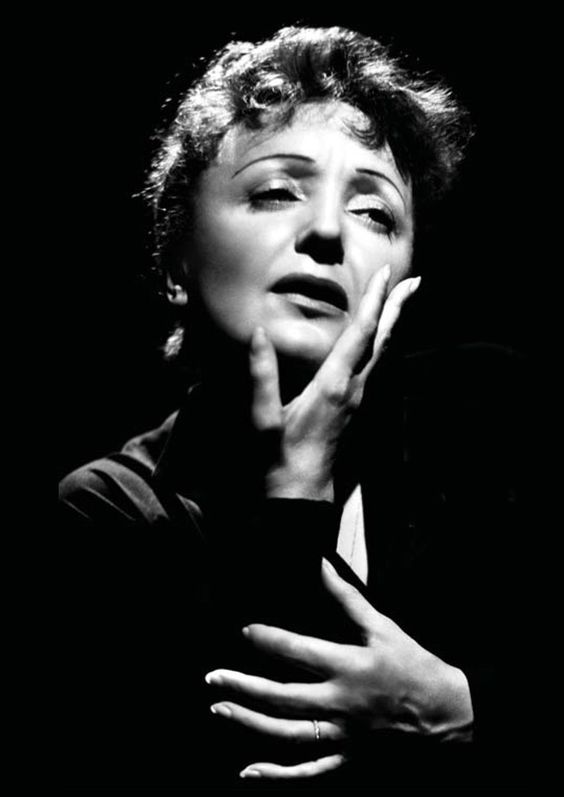
Today is the 60th anniversary of the death of Edith Piaf, the greatest singer in the history of French popular music. She died on the eve of my third birthday, and since I have always allowed myself to indulge in a favorite singer or topic for my birthday episodes, I am focusing on La Môme Piaf, whose uniquely powerful voice and interpretations have been of central importance to me since the first time I heard her. When I take on such an iconic figure for a podcast episode, I try to examine them from a unique or unusual perspective. Today vis-à-vis Piaf, I focus on her unique performing style which combined subtlety and dramatic understatement alongside violent emotions and extroverted vocalism as reflected in her live performances and recordings. In this regard, I find an unusually cogent comparison with the Korean tradition of pansouri singing, which is a topic addressed by my brilliant friend, the theatre scholar David Savran, in his new book, Tell It to the World, which is being published by Oxford in early 2024. But mostly I dissect a number of Piaf’s most powerful story-songs such as “L’accordéoniste,” “Les amants d’un jour,” “Milord,” and “La foule,” written by composers and lyricists such as Marguerite Monnot, Michel Rivgauche, and Michel Emer, who were powerful allies in her search for material that best suited her extraordinary and iconoclastic gifts, which have come to personify the heart and soul of la ville de lumière, her beloved Paris.
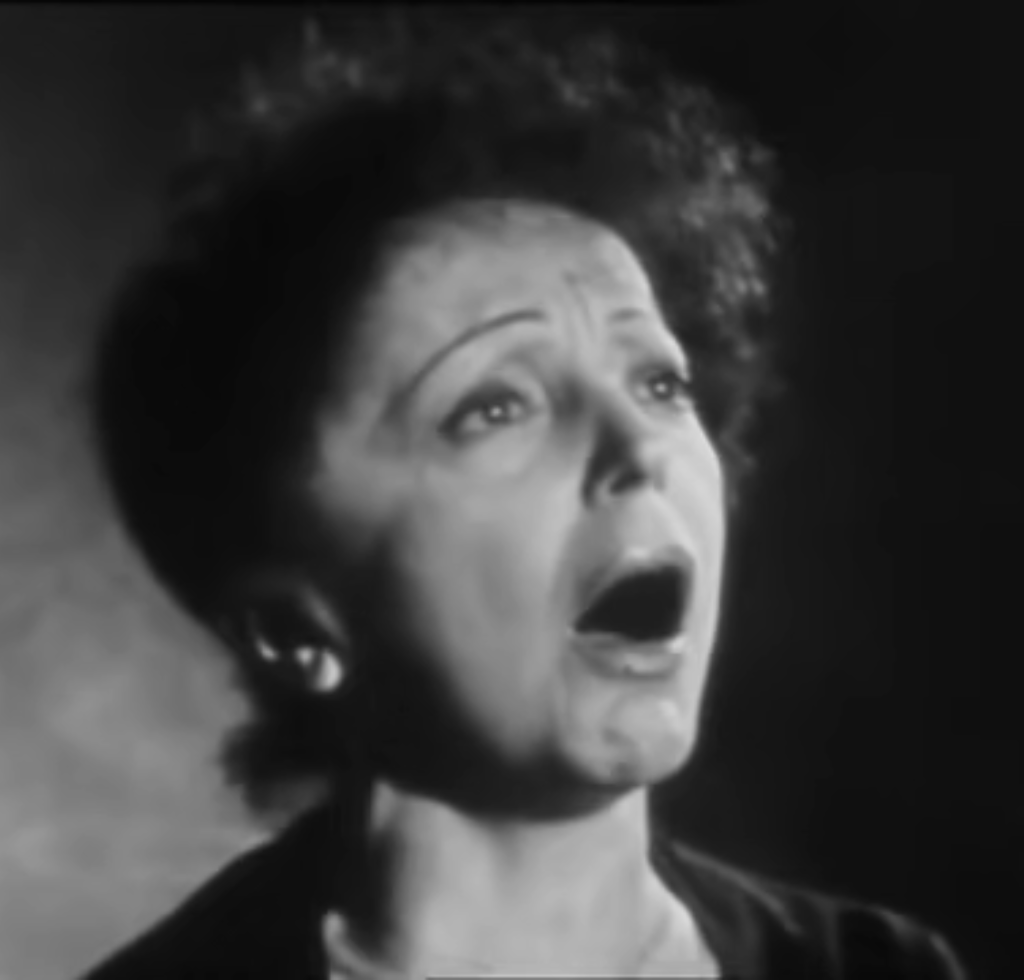
RECORDINGS HEARD IN THIS EPISODE
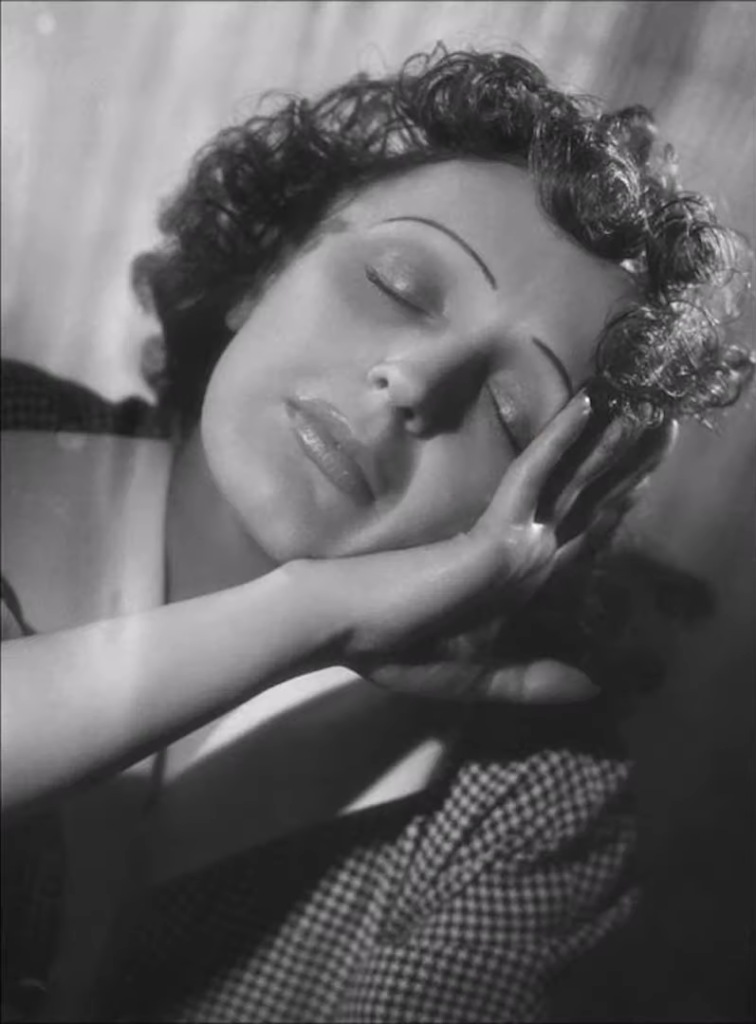
André Bernheim: Paris (from the film L’homme aux mains d’argile). Edith Piaf, Orchestra conducted by Robert Chauvigny [1949]
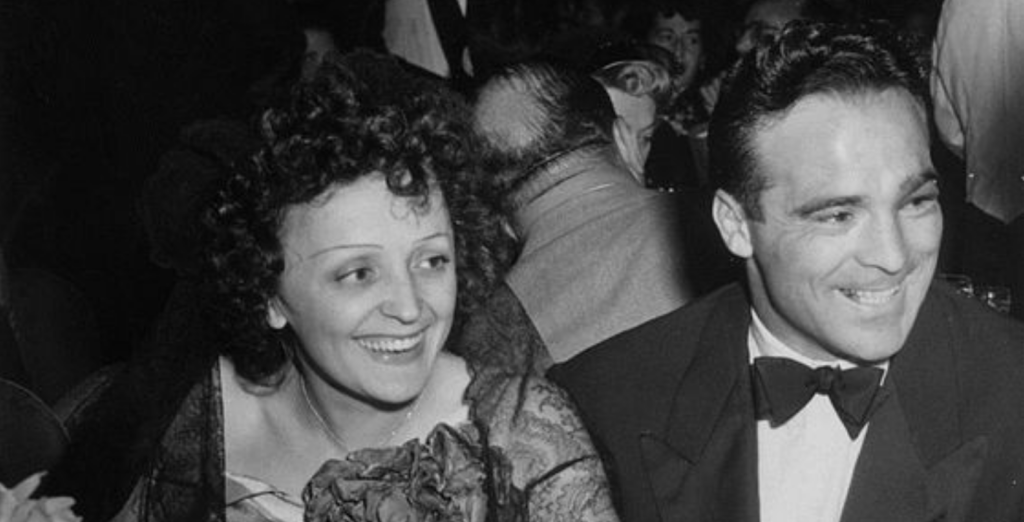
Marguerite Monnot, Edith Piaf: Hymne à l’amour [live Chaumont 20.XII.60]

Jean Wiener, Louis Poterat: Quand même (from the film La Garçonne). Edith Piaf [1936]
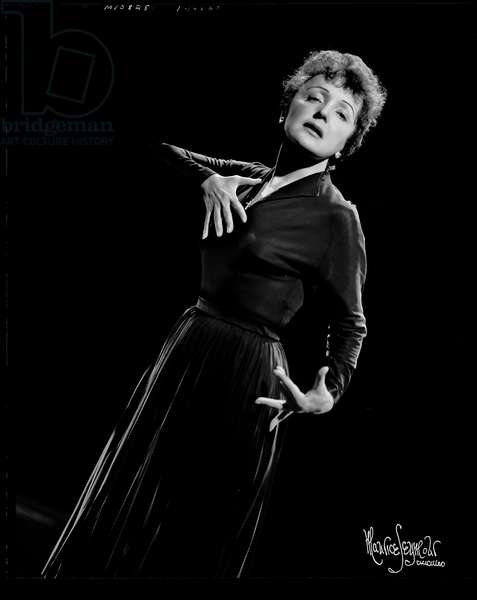
Michel Emer: L’accordéoniste. Edith Piaf [La joie de vivre television program 03.IV.54]
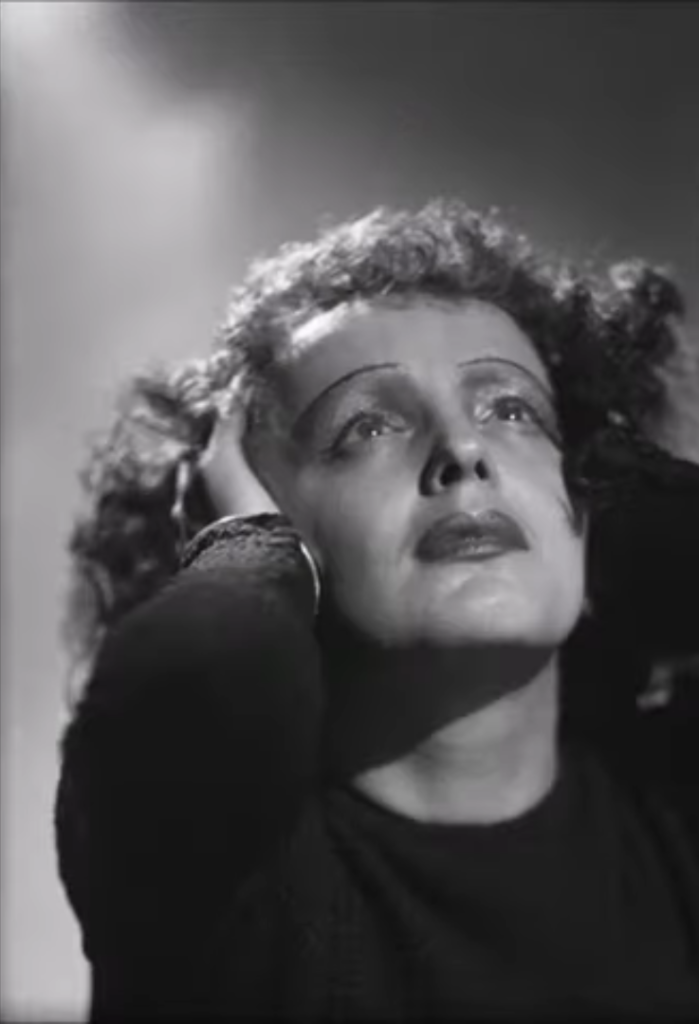
Michel Emer: Je m’en fous pas mal. Edith Piaf [live Copacabana 30.VI.49]
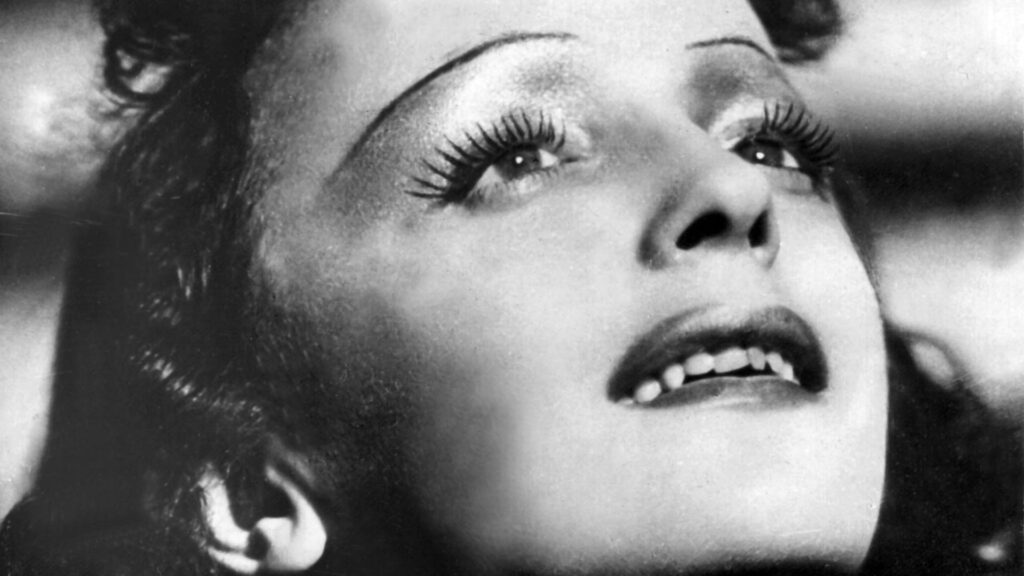
Raymond Asso, René Cloërec: C’est toi le plus fort. Edith Piaf, unknown pianist [radio program Entrée libre, 1946]
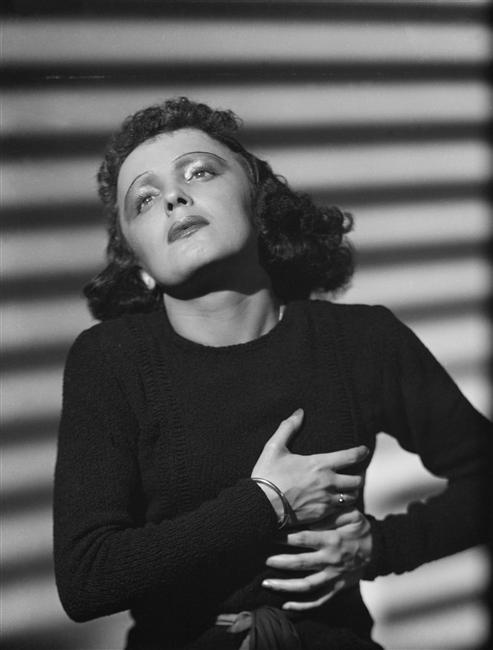
Gilbert Bécaud: Je t’ai dans la peau. Edith Piaf, orchestra conducted by Robert Chauvigny [live Carnegie Hall 13.I.1957]
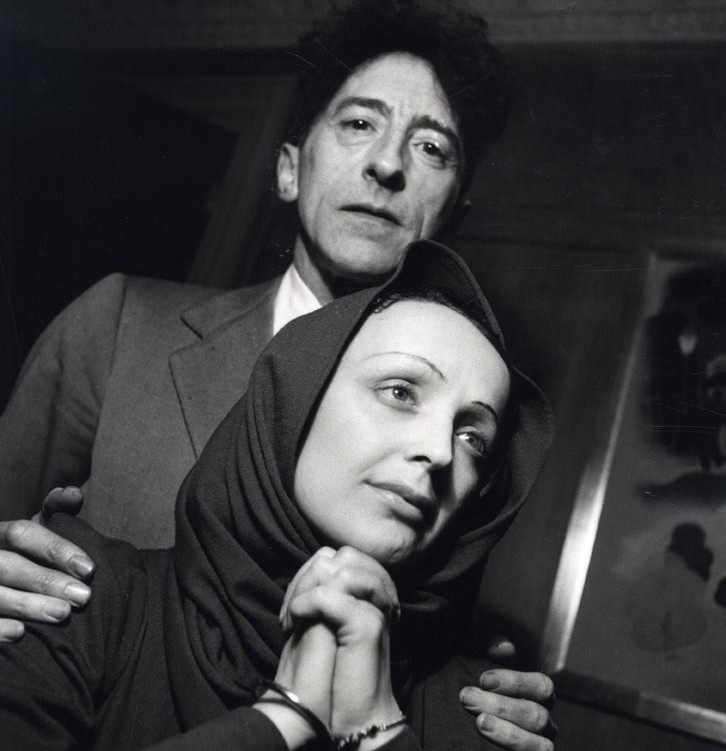
Jean Cocteau: Tu crois que ça l’arrange, ma santé, d’attendre (excerpt from Le bel indifférent). Edith Piaf [live Paris 1954]
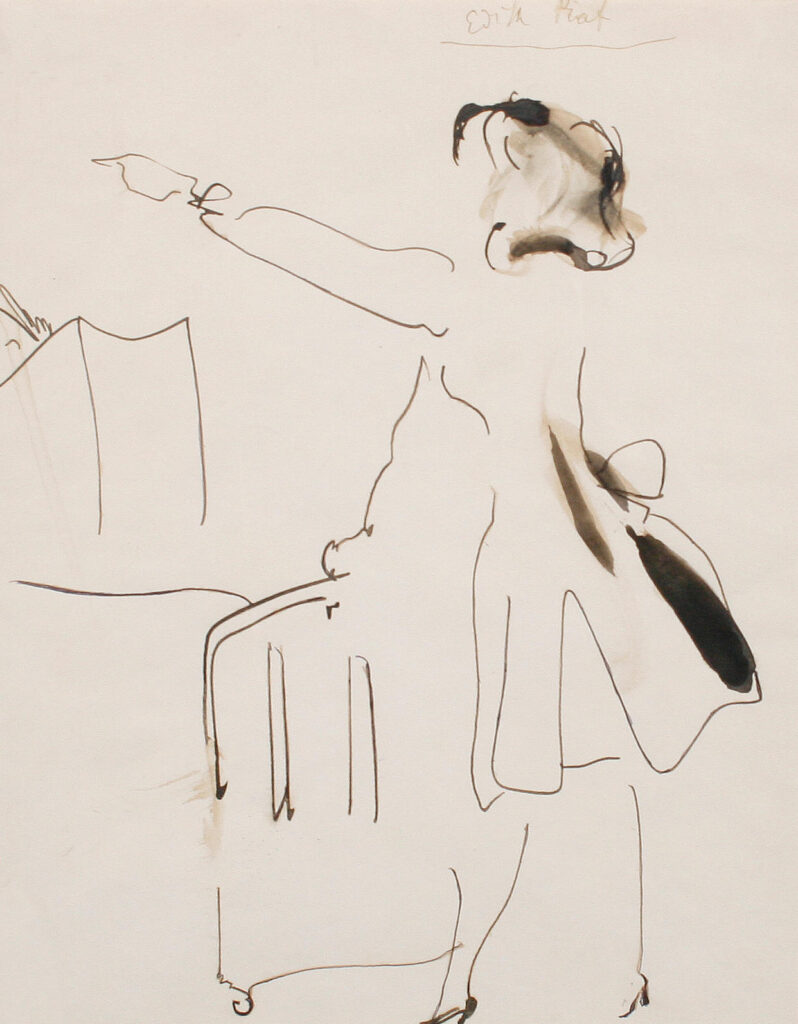
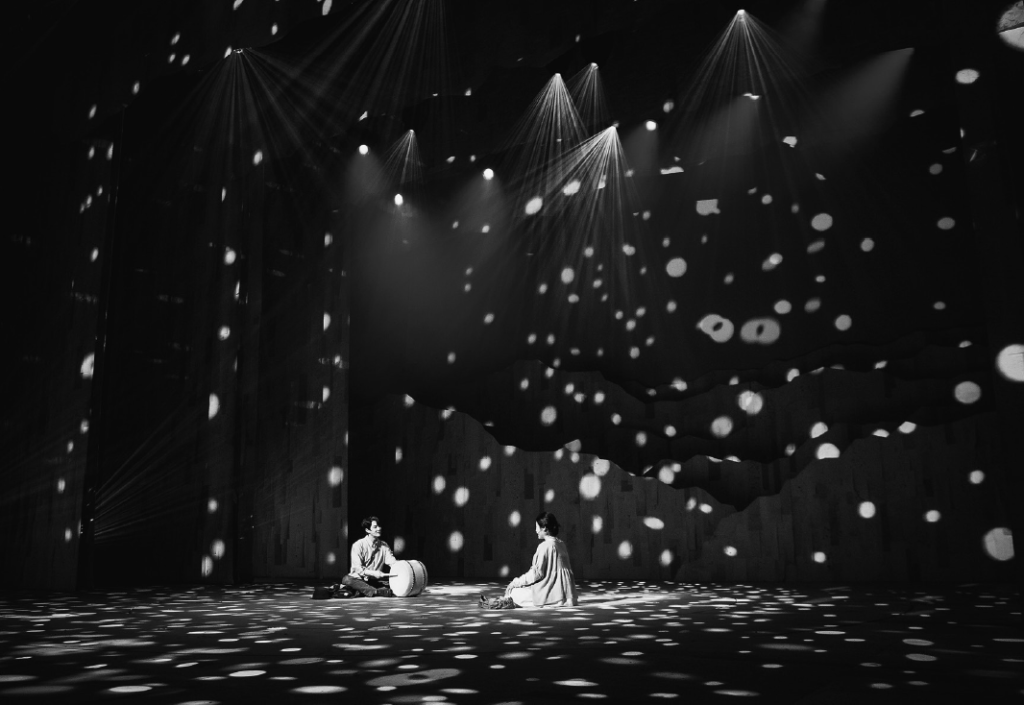
Traditional Korean pansori, arr. Yun Il-sang: Shimcheongga [excerpt] (as heard in the musical Seopyeonje) Lee Ja-ram, Song Yooguen [2011]
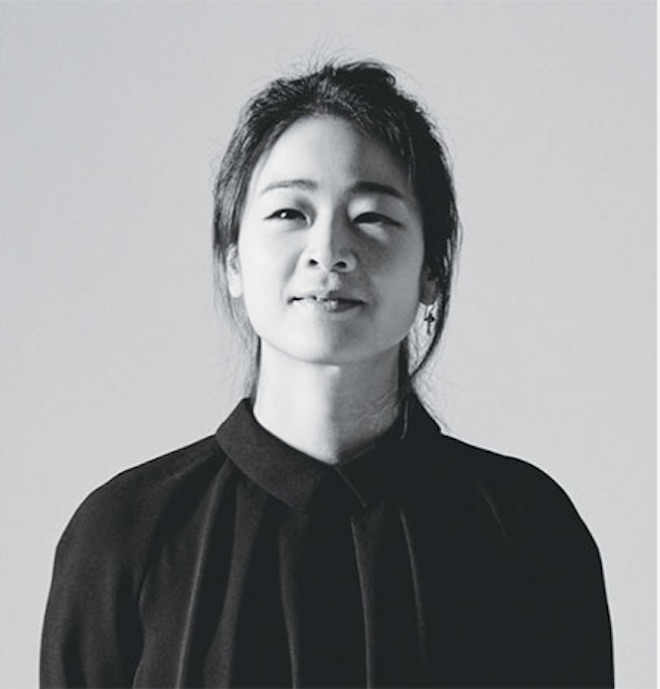
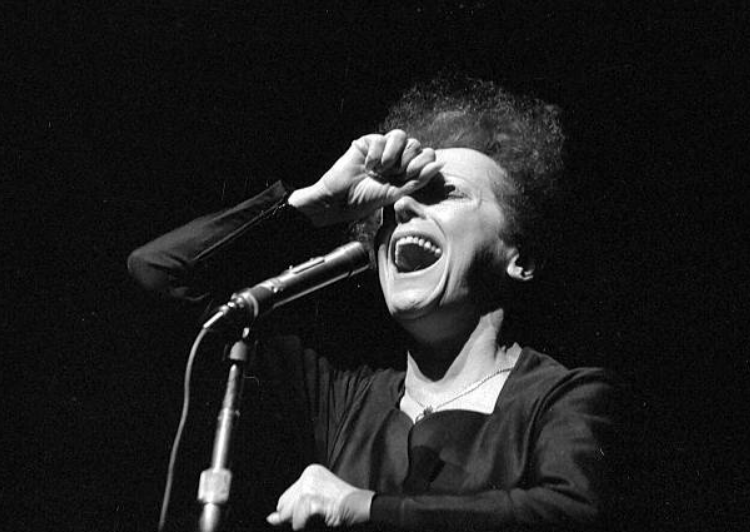
Marguerite Monnot, Claude Delécluse, Michelle Senlis: Les amants d’un jour. Edith Piaf, orchestra conducted by Robert Chauvigny [live Olympia May 1956]
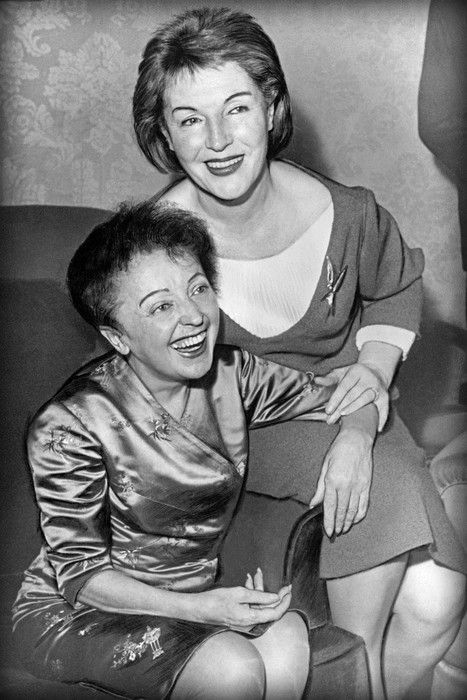
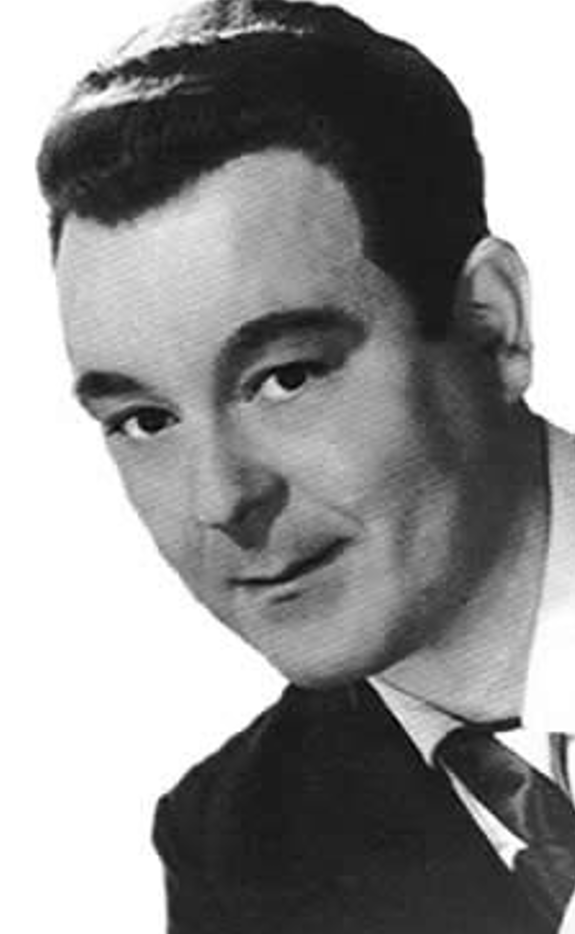
Ángel Cabral, Enrique Dizeo: Que nadie sepa mi sufrir. Alberto Castillo, Ricardo Tanturi y su Orquesta [1949]
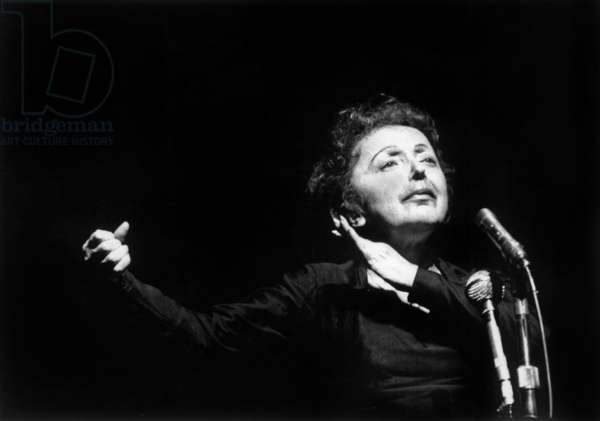
Ángel Cabral, Michel Rivgauche: La foule. Edith Piaf [live Nijmegen 14.XII.62]
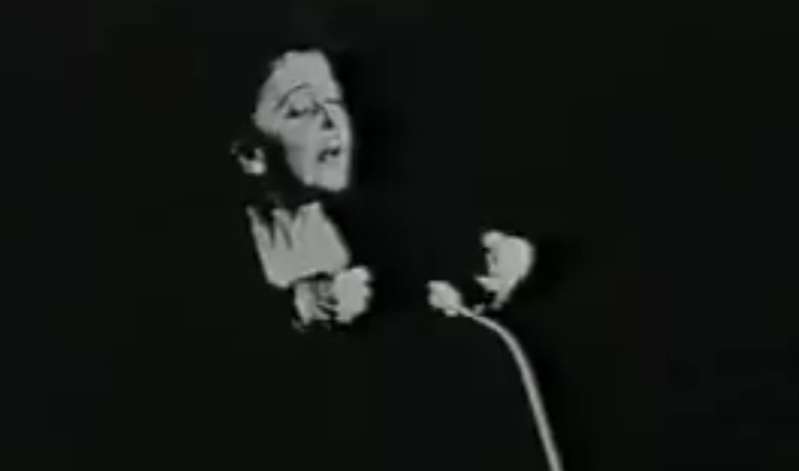
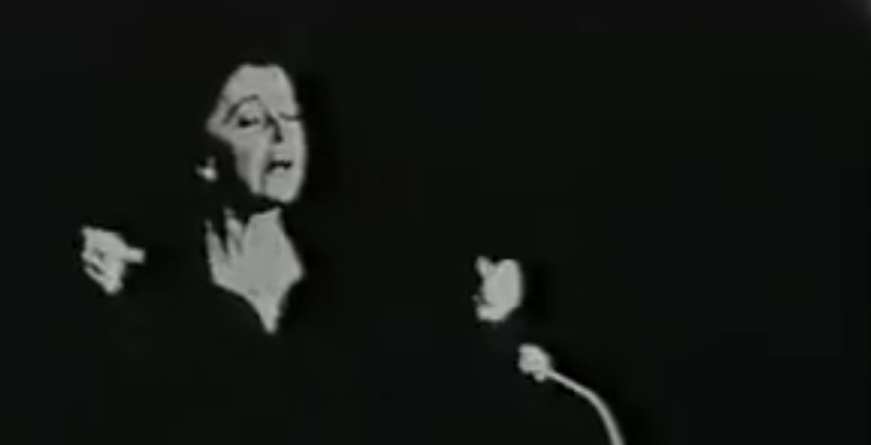
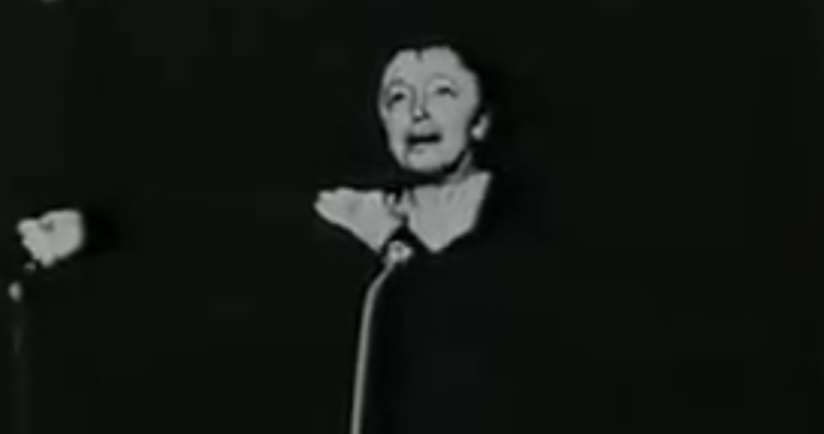
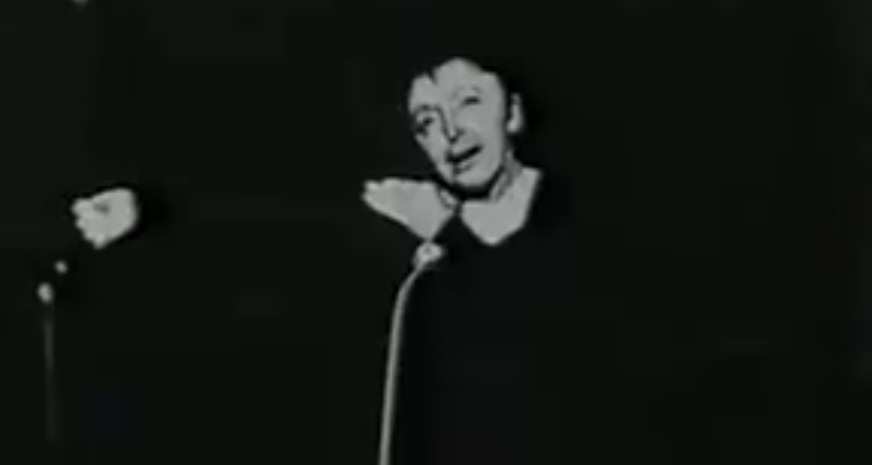
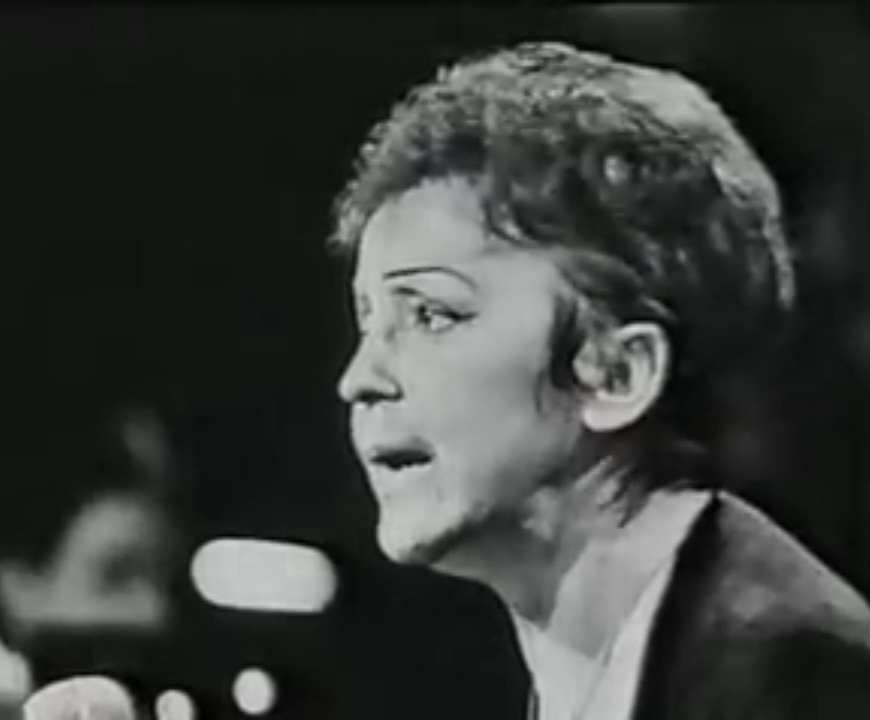
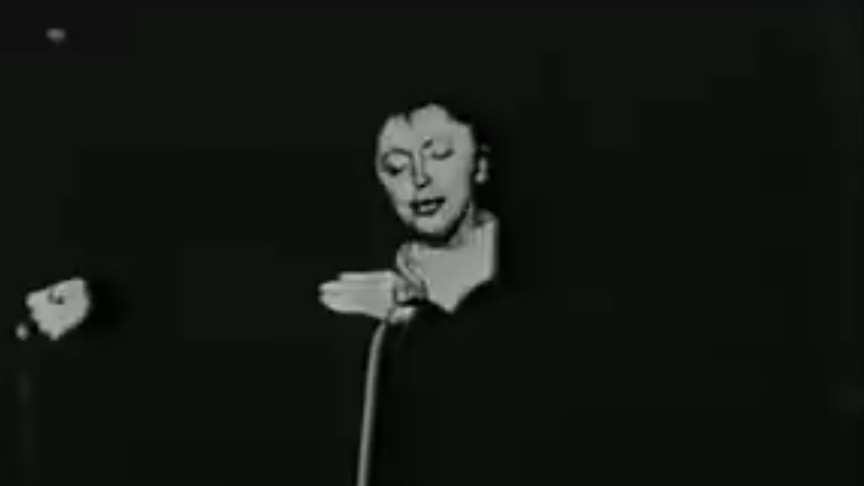
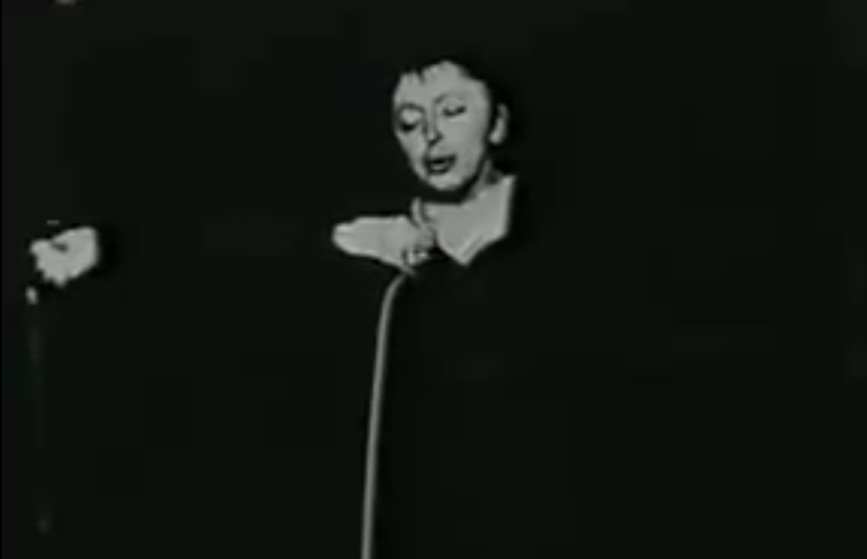
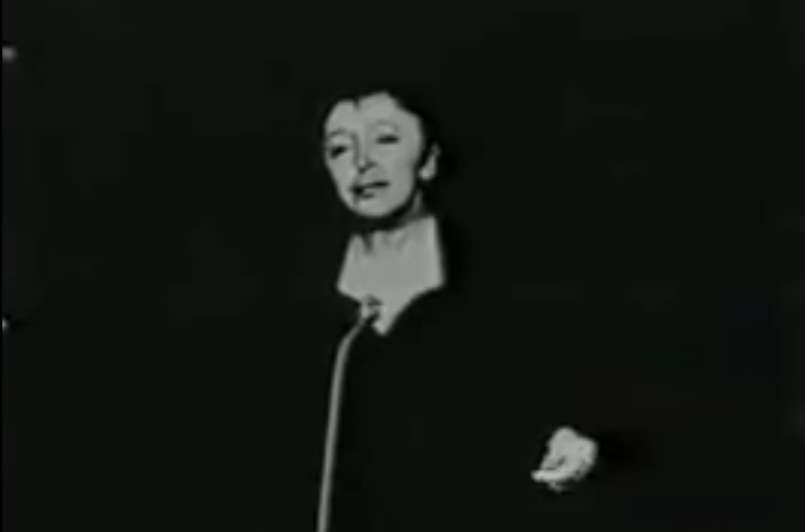
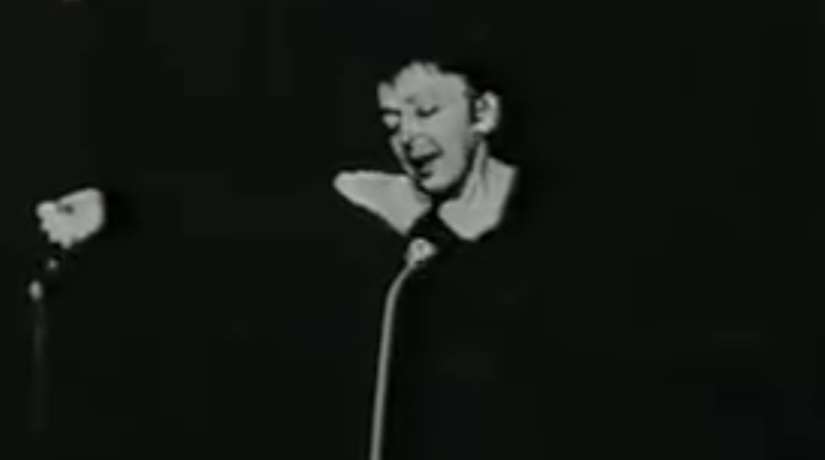
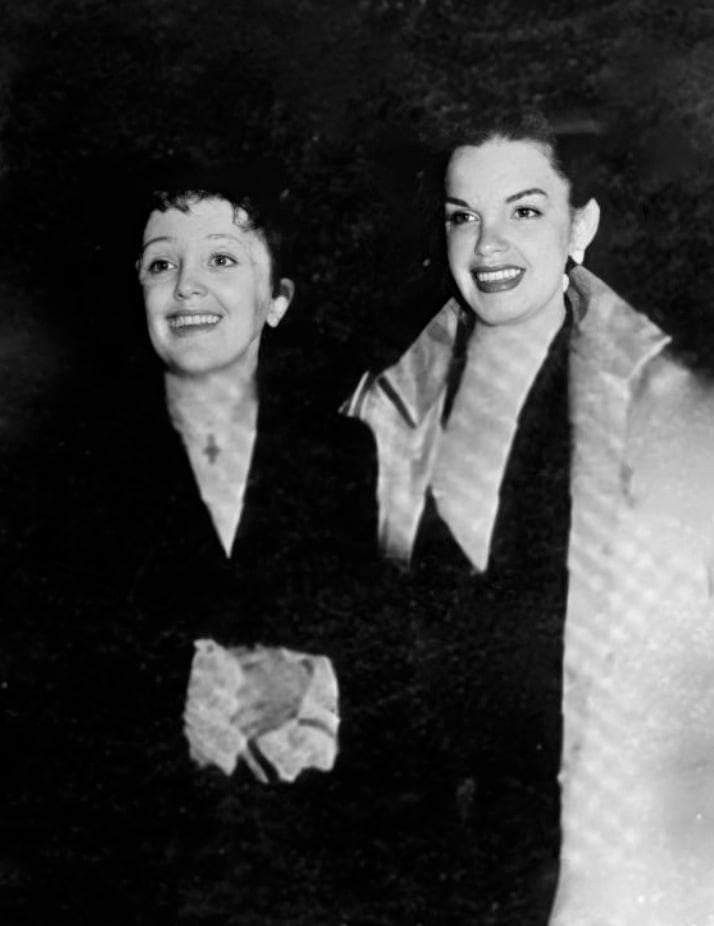
Marguerite Monnot, Georges Moustaki: Milord. Edith Piaf [The Ed Sullivan Show 1959]
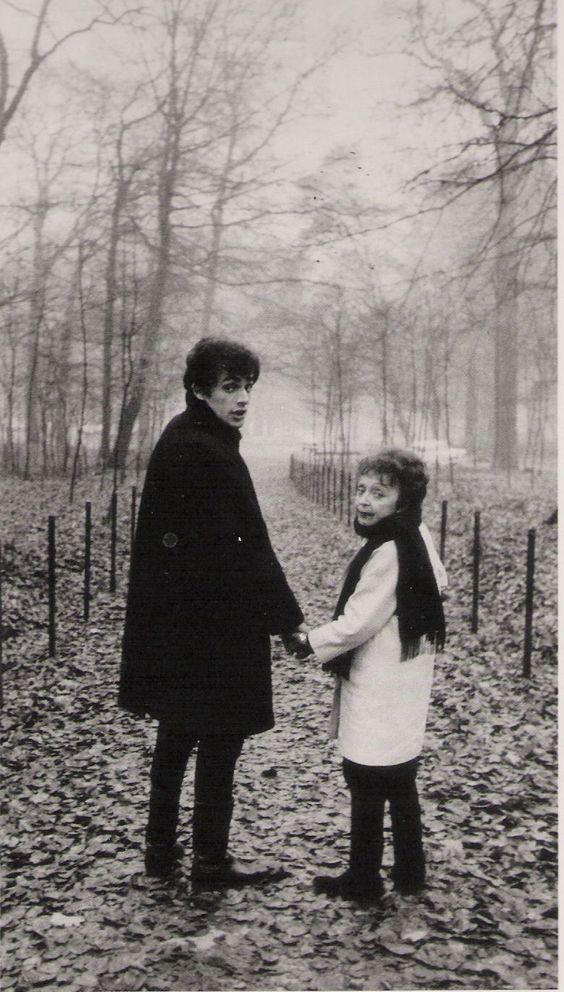
Michel Emer: À quoi ça sert l’amour. Edith Piaf, Théo Sarapo, orchestra under the direction of Noel Commaret [live Alhambra 1963]
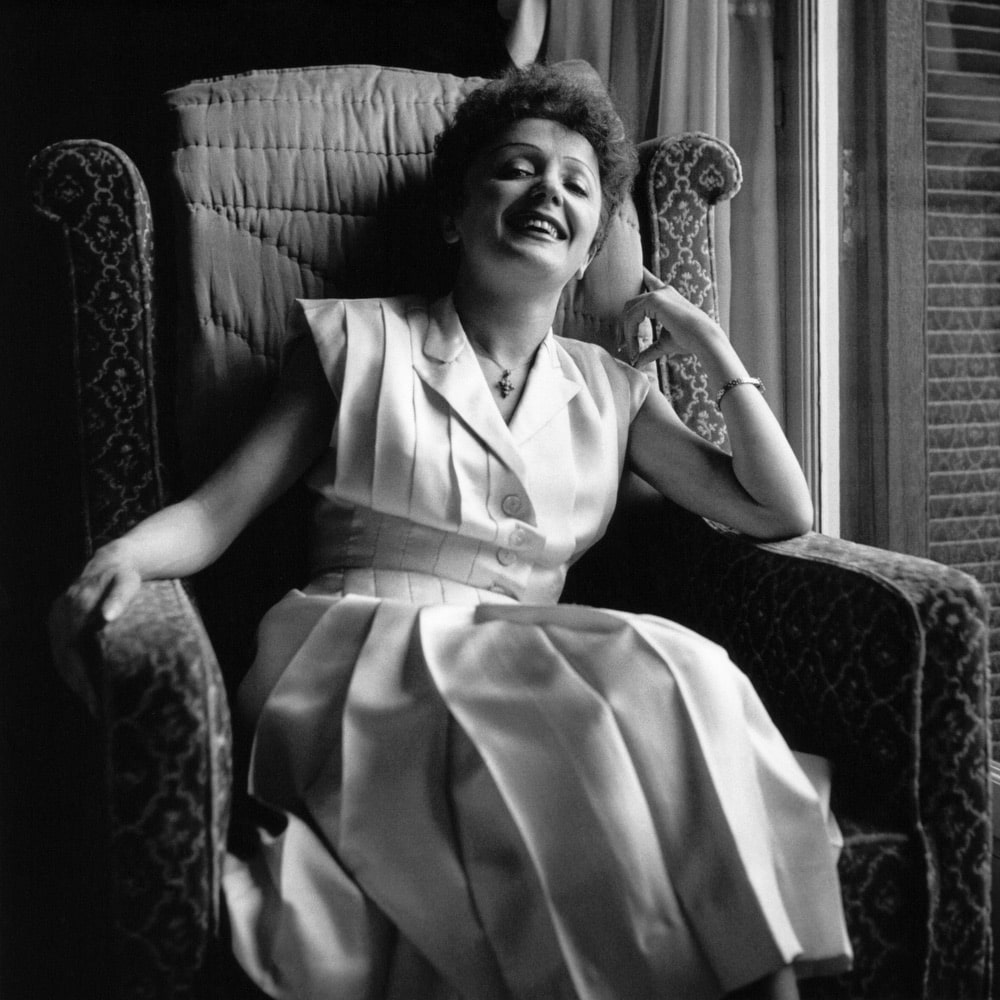
Marguerite Monnot, René Rouzaud: Heureuse. Edith Piaf, orchestra conducted by Robert Chauvigny [live Carnegie Hall 13.I.57]
